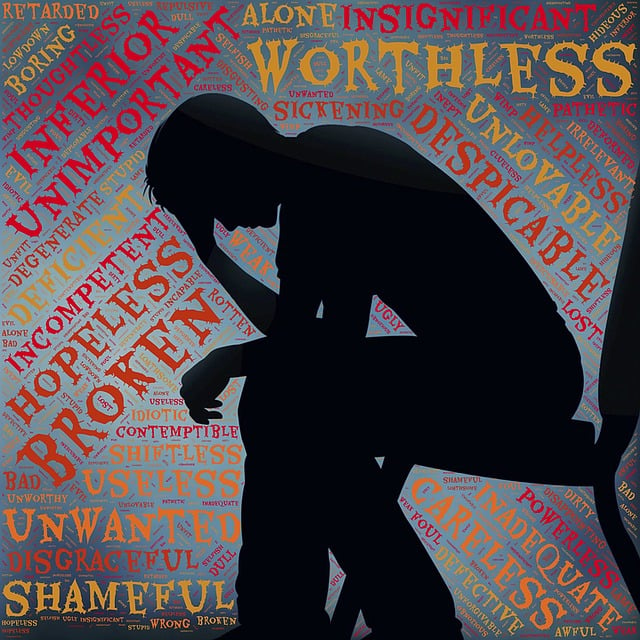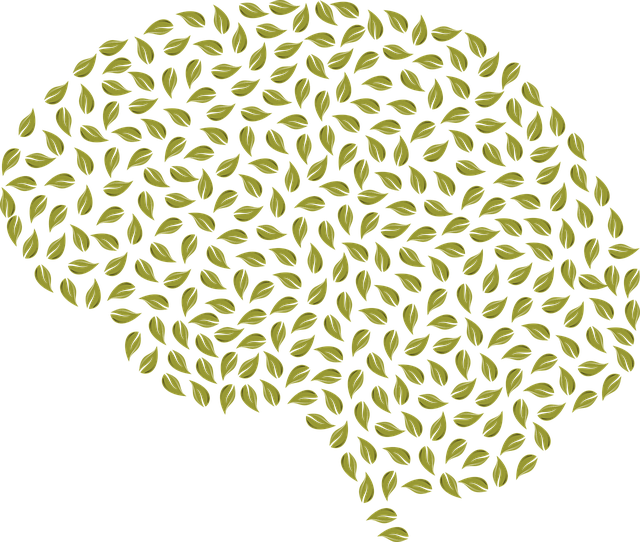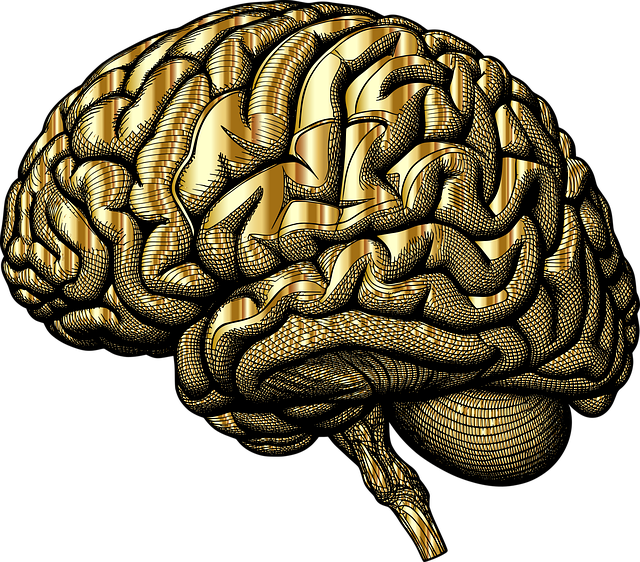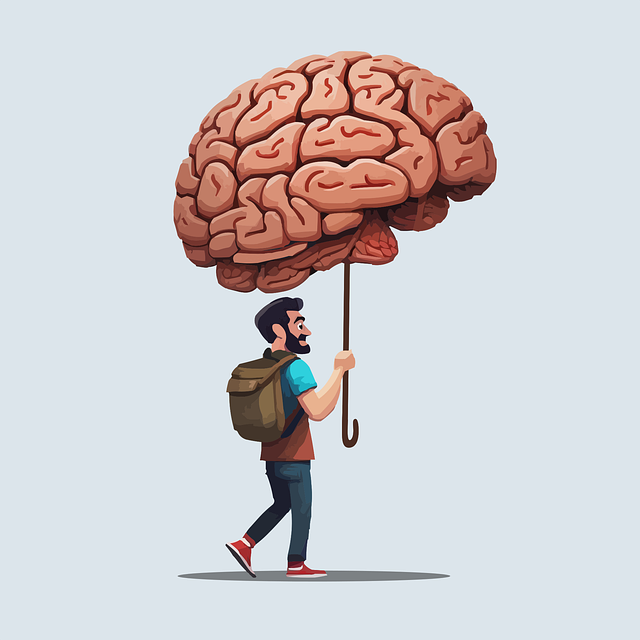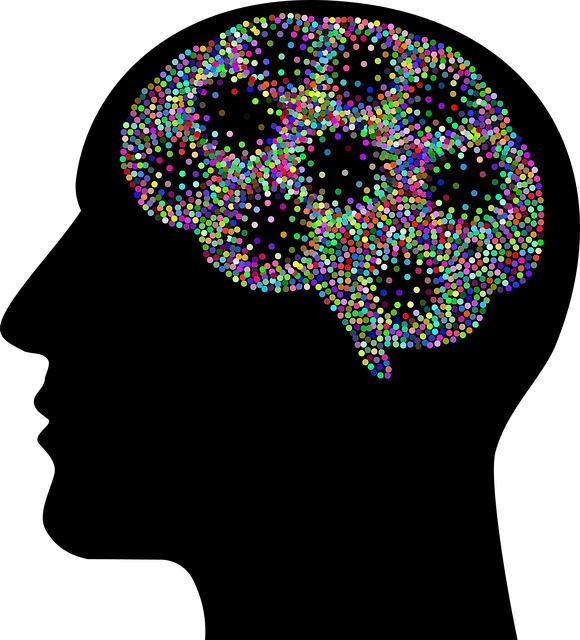Cultural sensitivity is vital in modern mental healthcare, especially for elders with cancer. Recognizing the impact of cultural background on patient experiences and perspectives ensures safe and supported environments. Incorporating culturally tailored social skills training improves communication between patients and healthcare providers, addressing complex topics like cancer care effectively. This approach fosters trust, enhances emotional support, and promotes better coping mechanisms in therapy sessions. By understanding diverse needs and adapting practices, mental health professionals can significantly improve outcomes for elderly patients with cancer issues.
Mental healthcare’s evolution demands a profound understanding of cultural sensitivity, especially when addressing cancer issues among elders. This article explores the intricate relationship between cultural competence and therapeutic outcomes for elderly patients with cancer. We delve into the challenges they face, offering insights on culturally sensitive practices that can significantly enhance care. By examining strategies to overcome these hurdles, we aim to highlight the impact of cultural sensitivity on improving healthcare results for this vulnerable population.
- Understanding Cultural Sensitivity in Mental Healthcare
- Challenges Faced by Elders with Cancer in Therapy
- Strategies for Culturally Competent Practice in Cancer Care
- The Impact of Cultural Sensitivity on Elderly Patients' Outcomes
Understanding Cultural Sensitivity in Mental Healthcare

Cultural sensitivity is a cornerstone in modern mental healthcare, recognizing that individuals’ experiences and perspectives are shaped by their cultural backgrounds. This understanding is especially crucial when providing therapy for elders facing cancer issues, as cultural factors can significantly influence their emotional well-being and coping mechanisms. Mental illness stigma reduction efforts often begin with culturally sensitive practices, ensuring that patients from diverse communities feel safe and supported during treatment.
Incorporating social skills training tailored to specific cultures can foster a sense of belonging and improve communication between patients and healthcare providers. By integrating these approaches, mental health professionals can enhance their services, making them more accessible and effective. This is particularly important when addressing complex topics like cancer care, where emotional support and cultural context play vital roles in a patient’s overall healing process.
Challenges Faced by Elders with Cancer in Therapy

Cancer care presents unique challenges for elders, often leading to complex therapy issues. As elderly patients navigate their diagnosis and treatment, cultural sensitivity becomes paramount in mental healthcare practice. Elders from diverse backgrounds may hold specific beliefs and values that influence their perception of illness and coping mechanisms. For instance, some cultures emphasize community support and traditional healing practices, which can differ vastly from Western medical approaches. Mental health professionals must be adept at integrating these cultural perspectives into therapy sessions to foster trust and effective communication.
The Mental Health Policy Analysis and Advocacy plays a crucial role in ensuring that these challenges are addressed. Risk assessment for mental health professionals is essential to identifying potential barriers and promoting sensitive care. By understanding the diverse needs of elderly cancer patients, therapists can adapt their practices to improve outcomes. Mental Health Awareness initiatives that highlight these cultural considerations can contribute to more inclusive and effective therapy for elders with cancer issues.
Strategies for Culturally Competent Practice in Cancer Care

In providing therapy for elders with cancer issues, culturally competent practice is paramount to ensure effective support and care. Healthcare professionals must be attuned to the unique needs of older adults from diverse cultural backgrounds. Strategies include adapting communication styles to suit individual preferences, incorporating culturally relevant resources and activities, and demonstrating empathy and respect for traditional beliefs and practices. By fostering an environment that values and respects these differences, therapists can enhance emotional well-being promotion techniques and improve mood management for cancer patients.
Embracing emotional intelligence is a key aspect of this approach. Understanding and acknowledging the patient’s cultural context helps in gauging their emotional responses to diagnosis and treatment. This knowledge enables healthcare providers to tailor interventions, offering not just medical solutions but also addressing the psychological and social dimensions of cancer care. Such personalized care can significantly impact an elder’s ability to cope with their illness, thereby enhancing their overall emotional intelligence and resilience during a challenging period.
The Impact of Cultural Sensitivity on Elderly Patients' Outcomes

Cultural sensitivity plays a pivotal role in enhancing therapeutic outcomes for elderly patients, especially those facing cancer issues. In many cases, cultural background and traditions significantly influence an individual’s perception of health, illness, and healing. When mental healthcare providers demonstrate cultural competency, they create a safe and supportive environment that fosters open communication and builds trust. This is particularly crucial for the elderly, who may have unique cultural beliefs and practices related to their well-being and coping mechanisms.
By incorporating Healthcare Provider Cultural Competency Training and integrating strategies for Inner Strength Development in therapy sessions, mental health professionals can effectively navigate these cultural nuances. Such an approach not only improves patient engagement but also enables better risk management planning. This, in turn, leads to improved psychological and physical outcomes, ensuring that the elderly patients receive holistic care tailored to their individual needs and backgrounds, especially when dealing with complex health challenges like cancer.
Cultural sensitivity is a cornerstone in providing effective therapy for elders with cancer issues. By understanding and addressing the unique challenges these patients face, as outlined in this article, mental healthcare professionals can significantly improve outcomes. Embracing culturally competent practices, tailored to the diverse backgrounds of elderly patients, fosters trust, enhances communication, and ultimately contributes to better health outcomes. This approach is vital in ensuring that care is not only accessible but also respectful and beneficial to all individuals, regardless of their cultural heritage.
